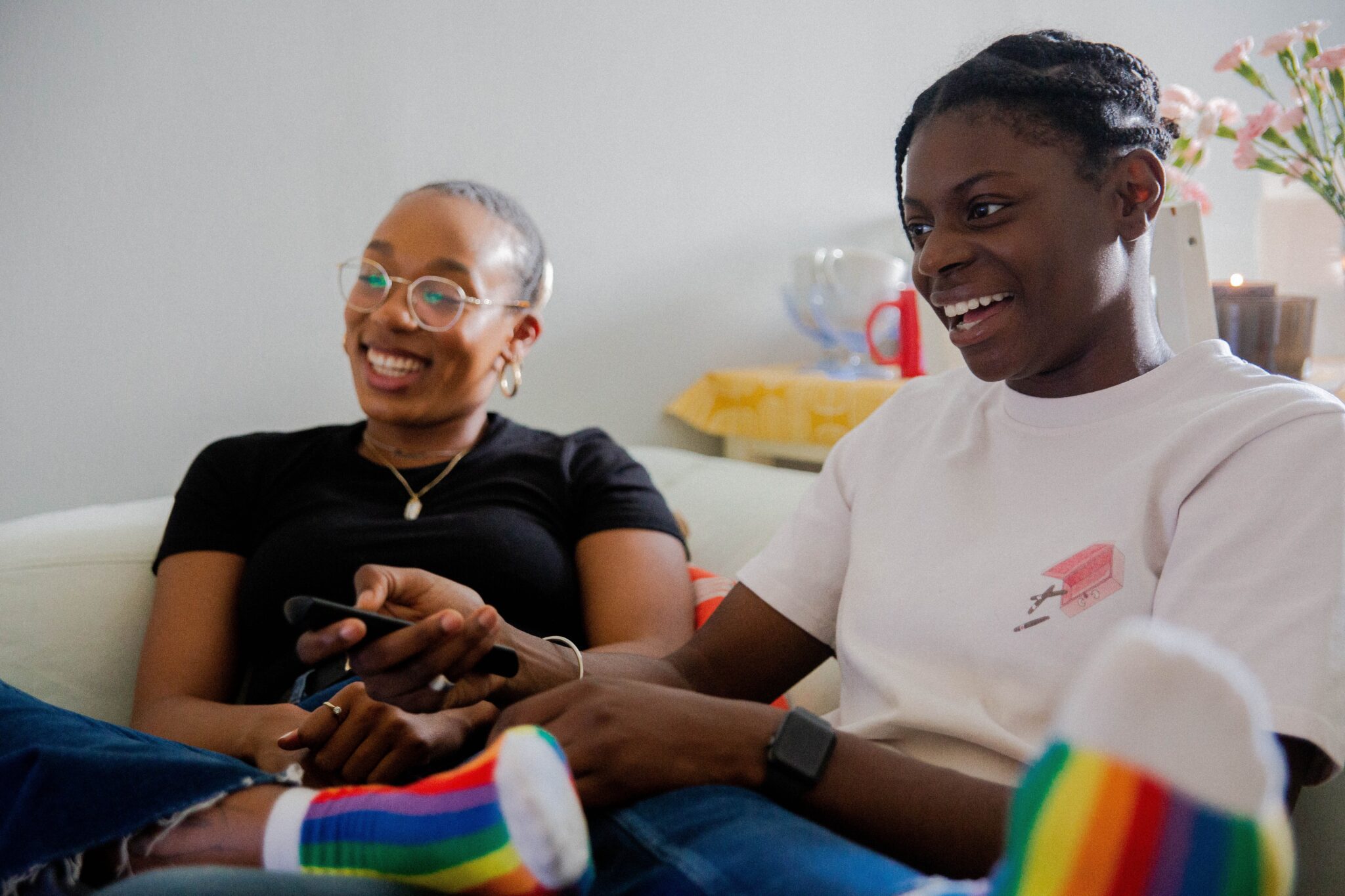I just recently enrolled in a certification class with the Greenleaf Center for Servant Leadership, Key Practices of Servant Leadership 2.0. Our first book, Start with Humility: Lessons from America’s Quiet CEO’s on How to Build Trust and Inspire Followers by Merwyn Hayes and Michael Comer is fascinating! The reading centers on humility and leadership, highlighting 5 CEO’s who have demonstrated this quality in their years of leadership. What is interesting is how these leaders keep humility at the forefront of their being; how they work with others and how they work through challenges.
Our first discussion question asked, “How do you think about the dynamic of humility and confidence?” Chapter 7 of the book entitled, Check Your Ego at the Door, highlights Jim Thompson, Former CEO of the Federation of State Medical Boards. His talks about his crucible moment (A crucible moment is a humbling moment. Crucible moments are transformational experiences that often define a person’s worldview or philosophy) and how he used his crucible moment to transcend an overwhelming and ruinous situation to become an even more effective and humble leader.
When I started thinking about my leadership, confidence, humility, and crucible moments, one came to mind immediately. This is what I wrote;
I had a boss, several years ago, that was threatened by everything that I did. He hired me to administer a grant. It was a rather huge grant and pretty quickly, I found that he micromanaged every aspect of the daily operations (my job). I did not know how to approach him. I was going home every day frustrated. I wanted to quit.
Then, a few months into the job, we attended a conference together. At the conference, after a workshop, it was near dinner time and so I asked him to dinner. He was kind put off by my invite. I don’t think anyone (a subordinate) ever asked him to join in something other than work. He didn’t give off the type of friendliness where you would want to hang out with him after work. He was not humble, and he acted and conducted himself from an arrogant place. But he accepted. We had small talk about the conference and things. Then I said to him, “Dr. Doe, what is your philosophy?” He looked puzzled. I don’t think anyone ever asked him about his personal perspective on the work we were doing.
From there, our conversation lasted more than 2 hours. I told him my own worldview and how it impacted my work. He told me his. In the end, I gained insight in regards to the person and leader he was and he about me. It seemed he left the conversation impressed. I was humble, yet confident. I assured him on my level of commitment and loyalty to the grant and the kids we served. I let him know (in a compassionate way) that I did not need to be micromanaged. My best work would come when I was allowed to own my work, be responsible for it and flow in my way…and in my style. From that point on, we worked better together…for as much as we could. Change is slow and painful. I left the grant after one year. But, I felt fully confident that I had done my best job. So, I left feeling good.
You know what? It was years later that I was working on another unrelated grant for a church. They invited Dr. Doe to the meeting to ask about including the school district in the grant. There we were together again. In the most humble way I had ever heard him, he said to the administrators, “Crystal worked with our grant several years ago, and she did an outstanding job. You guys have a good person here. She does exemplary work.” Wow! I about fell off of my chair! Was this the same individual?
In the end, it does matter how bosses treat their employees. As I began supervising people, I always remembered this experience (crucible moment). In my leadership evolvement, I emulate Jim Thompson in our book; have genuine respect for everyone (bottom to top), let people do their jobs, care about the people who work for you, and exemplify humility. These qualities should not be mistaken for weaknesses in leadership. I can be tough as nails when needed!
Jo Miller, on her website, Be Leaderly.com says that there are three weird tips for increasing your influence. I think they align loosely with our discussion; Wake up to a power pose, Be an Energizer, and Use the Most Powerful Word in the English Language.
Do you have a crucible moment? Think about it. Journal about it. And then, wake up each morning to your power pose…with humility.
Blessings,
Dr. Crystal
Crystal J Davis is a servant leader, blogger, and researcher. She holds a Doctorate in Management specializing in Organizational Leadership. Dr. Davis is passionately engaged in Servant Leadership and selfless service to the nonprofit and public sectors having served both large and small organizations throughout her career and consulting business. Follow Crystal @DrDavis2126 (Twitter) and, Lead.From.Within. (Facebook).
© Copyright 2015 ~Dr. Crystal J. Davis. All Rights Reserved.








